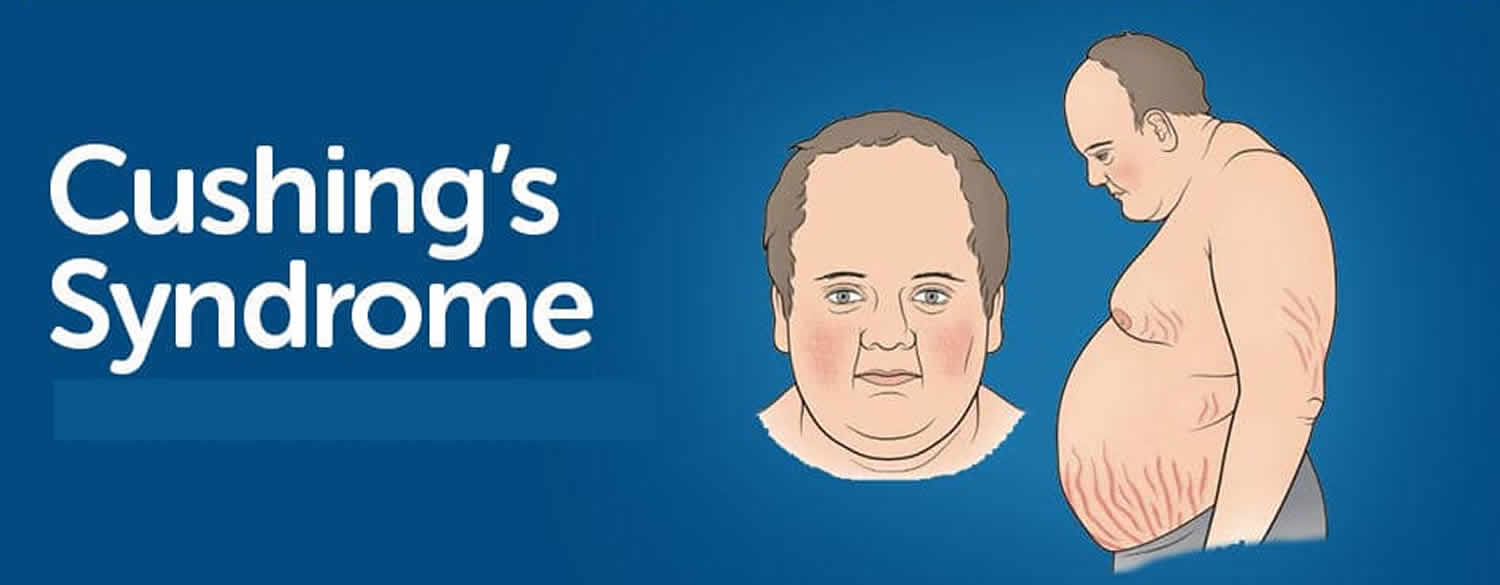Cushing’s syndrome, a hormonal disorder caused by prolonged exposure to high levels of cortisol, can lead to several complications if left untreated. These complications can have a significant impact on an individual’s health and quality of life.
Advertisement
One of the most serious complications is the increased risk of cardiovascular disease. High levels of cortisol can lead to hypertension (high blood pressure), which in turn increases the risk of heart disease and stroke.
Another major complication is the effect of Cushing’s syndrome on bone health. The excess cortisol can lead to osteoporosis, a condition that weakens the bones and makes them more likely to fracture. It is estimated that bone fractures and bone loss occur in about 30 to 50 percent of patients with Cushing’s syndrome.

Cushing’s syndrome can also lead to metabolic complications, including type 2 diabetes and obesity. The syndrome can cause the body to produce too much insulin, which can lead to insulin resistance and eventually type 2 diabetes. Obesity, particularly central obesity where excess fat is stored around the waist, is also common in people with Cushing’s syndrome.
Advertisement
In addition to these physical health complications, Cushing’s syndrome can also have psychological effects. The syndrome can cause mood disorders such as depression and anxiety, and can also lead to cognitive difficulties such as problems with memory and concentration.
Furthermore, Cushing’s syndrome can lead to reproductive problems in both men and women. In women, the syndrome can cause irregular menstrual periods and hirsutism, a condition characterized by excessive hair growth. In men, Cushing’s syndrome can lead to decreased fertility and erectile dysfunction.
Lastly, about 50 percent of patients with Cushing’s syndrome experience kidney stones. The theory is that as the bones lose some of their density, calcium leaks from them. The calcium eventually makes its way to the kidneys, resulting in kidney stones.
These complications underscore the importance of early diagnosis and treatment of Cushing’s syndrome. With proper management, it is possible to control the symptoms of Cushing’s syndrome and reduce the risk of these complications.


Leave a Reply